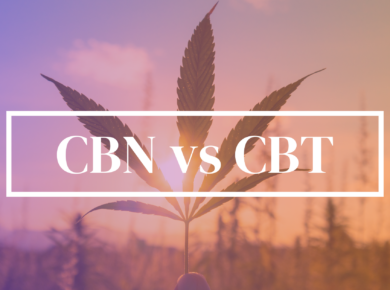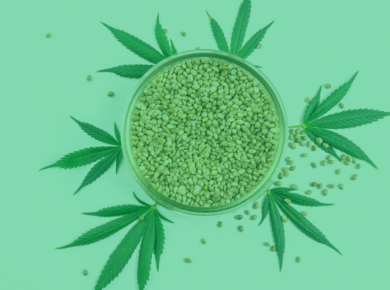Dive into the fascinating realm of cannabinoids, and you’ll discover a plethora of compounds, each boasting distinct characteristics. Among these, THC and CBCV stand out with their unique interactions and effects on the human body.
THC, more formally known as Delta-9-Tetrahydrocannabinol, is a renowned compound prevalent in cannabis. It’s the primary culprit behind the euphoric and psychoactive sensations traditionally linked with cannabis consumption. This is attributed to THC’s affinity for the body’s endocannabinoid system, specifically latching onto CB1 receptors in our brains, culminating in the iconic ‘high’.
On the flip side, CBCV, or Cannabichromevarin, remains non-psychoactive. This means the ‘high’ sensation synonymous with THC is absent here. Originating as a derivative of CBC (Cannabichromene), CBCV might not have a strong bond with CB1 or CB2 receptors. However, it’s speculated to engage with other bodily systems, potentially influencing pain perception and inflammation.
At their core, the divergence between THC and CBCV is rooted in their psychoactive attributes and their respective engagements with the endocannabinoid system. While THC is psychoactive and binds intimately with CB1 receptors, CBCV’s connection to the endocannabinoid system is more ambiguous and warrants further exploration.
Many States allow hemp derived cannabinoids under the 2018 Farm Bill as long as they contain less than .3% D9 THC. Some States have explicitly banned cannabinoids like Delta 8, so check your local rules and regulations before purchasing.
Here’s the rules for Kush.com and more details
FAQs
- What is THC and its Relationship with Hemp? THC, or Delta-9-Tetrahydrocannabinol, is an intrinsic compound in the cannabis plant, encompassing hemp. It’s one of the standout cannabinoids due to its psychoactive attributes. It’s pivotal to recognize that hemp is cultivated to harbor minimal THC content (0.3% or less) following federal stipulations.
- How Does CBCV Connect to Hemp? CBCV, short for Cannabichromevarin, is a relatively obscure cannabinoid in the cannabis spectrum, which includes hemp. It’s non-psychoactive, ensuring the absence of the ‘high’. The concentration levels of CBCV can oscillate based on the strain and cultivation conditions of the hemp.
- Contrasting Effects of THC and CBCV? THC is infamous for its psychoactive influence, potentially tweaking perception, emotions, and consciousness. Conversely, CBCV, being non-psychoactive, doesn’t induce these sensations. The prospective impacts of CBCV remain under scrutiny, but it’s theorized to interact distinctively with the endocannabinoid system compared to THC.
- Presence of THC and CBCV in Hemp? Absolutely, both THC and CBCV are constituents of hemp. Nonetheless, THC’s presence in hemp is minuscule (0.3% or lower) due to federal directives. CBCV’s concentration is strain and cultivation-dependent.
- Legal Nuances of THC and CBCV in Hemp-Derived Items? In many States, hemp-derived products are permissible as long as they encapsulate 0.3% or lower THC. Since THC is the regulated psychoactive entity, it’s under legal scrutiny and specific states have passed laws outlawing some hemp products containing any THC. Conversely, CBCV, being non-psychoactive, doesn’t share the same legal constraints. Yet, regional laws can be diverse, so local regulations should always be consulted.
Shop
Similar Product Searches You Might Be Interested In:




